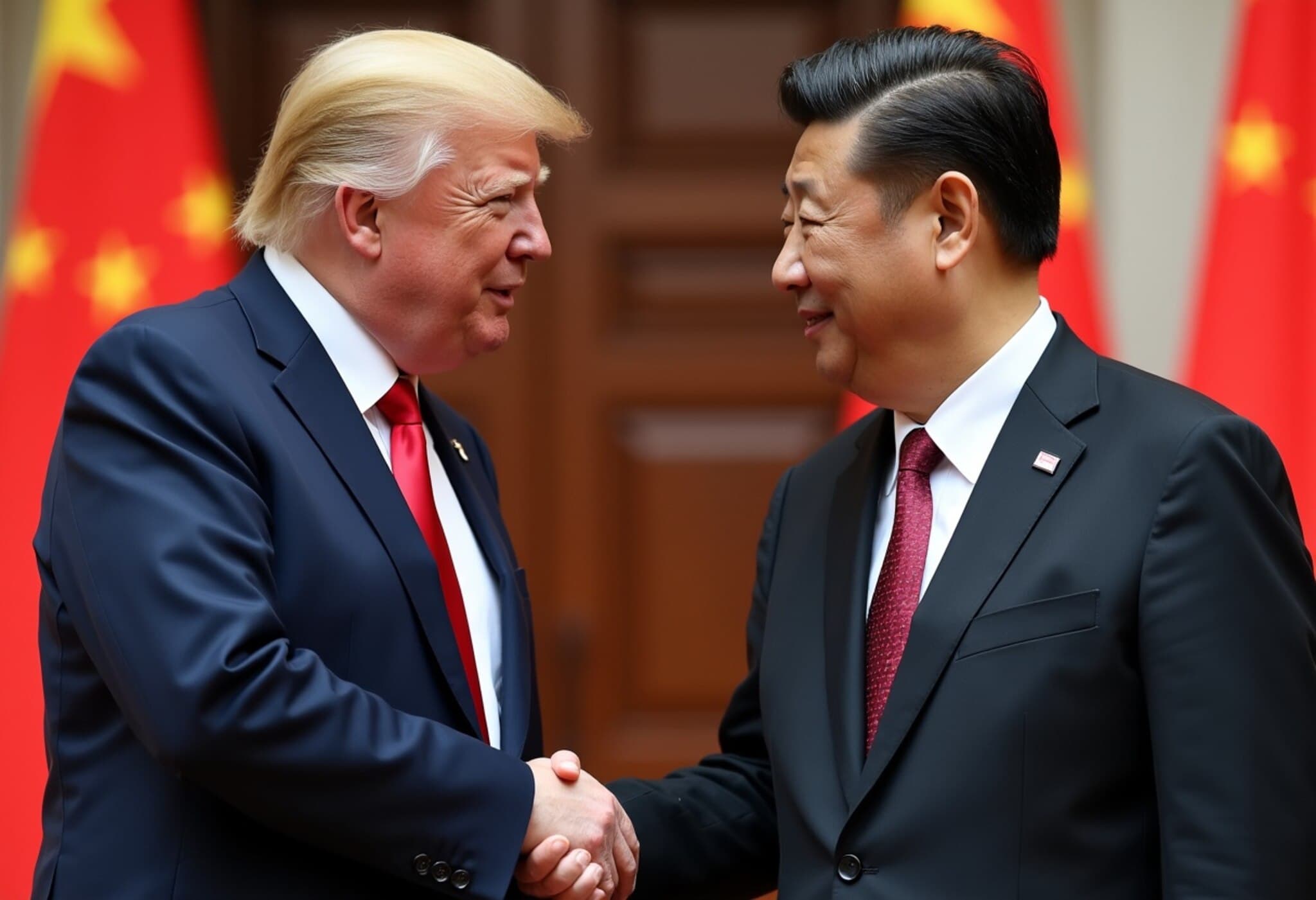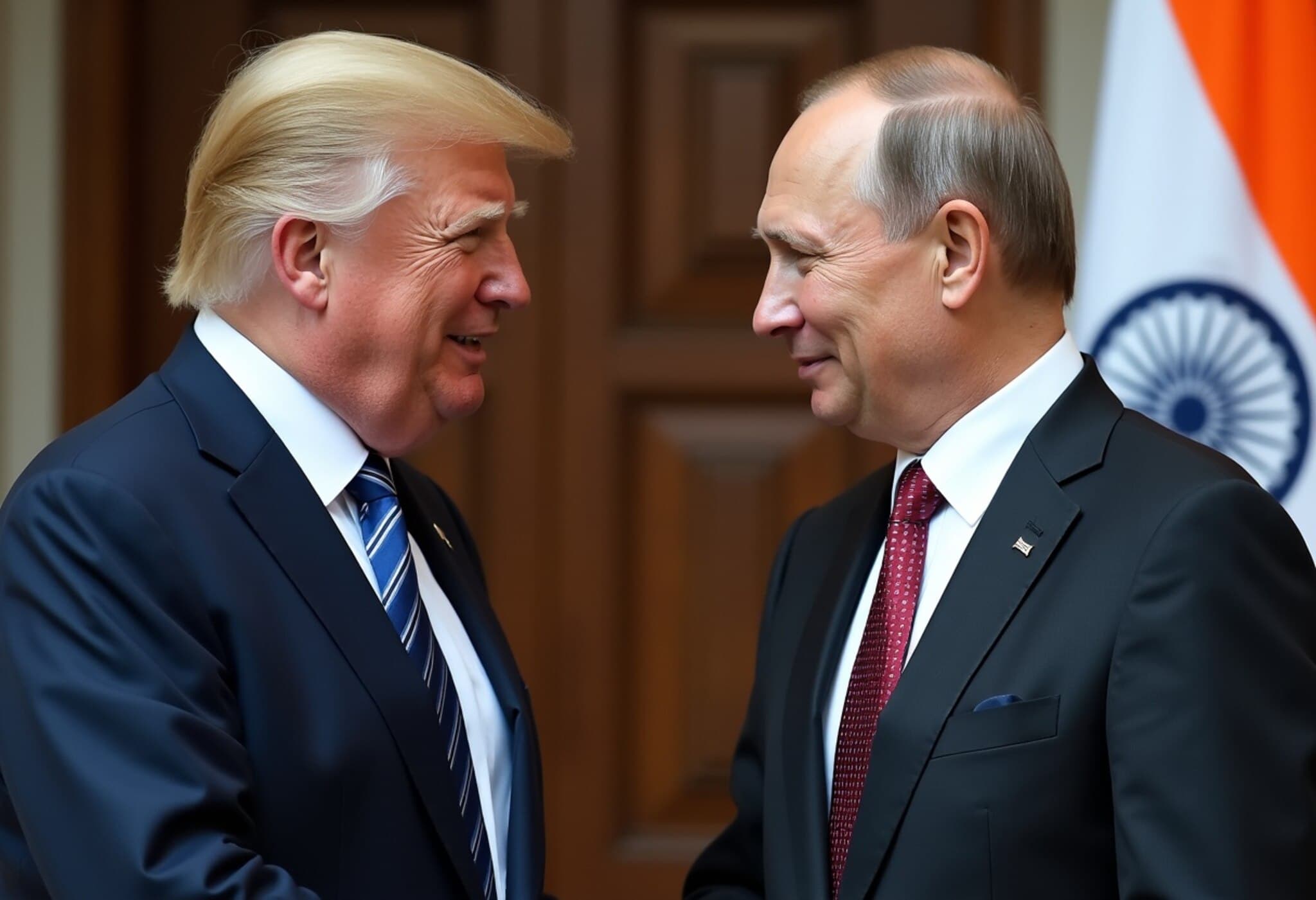US Companies Accelerate Efforts to Reduce China Dependency in Critical Sectors
In a bold strategic pivot, major American corporations are ramping up investments to counter China’s growing dominance in vital industries such as electric vehicles (EVs) and rare earth minerals. This shift comes amid increasing concerns about supply chain vulnerabilities and geopolitical tensions that have exposed the risks of overreliance on Chinese manufacturing and raw materials.
Ford’s $2 Billion Revamp: Reimagining EV Production for the American Market
Ford Motor Company recently announced a transformative $2 billion overhaul of its Louisville Assembly Plant. The century-old facility is being retooled into a cutting-edge production hub for affordable, high-tech electric vehicles. By scrapping traditional moving assembly lines in favor of streamlined manufacturing processes, Ford aims to produce EVs faster, with fewer parts and at lower costs.
The company plans to launch a $30,000 mid-sized electric pickup truck by 2027, symbolizing a significant step in making sustainable transportation accessible to a broader segment of the American public. Doug Field, Ford’s chief officer for EV, digital, and design, emphasized that this initiative goes beyond operational efficiency — it’s a strategic maneuver designed to compete directly with China, a global leader in EV production.
Securing Critical Materials: Pentagon’s $400 Million Investment in US Rare Earth Mining
Complementing corporate moves, the US government is also intensifying efforts to regain control over essential raw materials. The Pentagon’s recent $400 million investment in MP Materials — the owner of the Mountain Pass rare earth mine in California — grants it a 15% stake, making it the mine’s largest shareholder.
Rare earth elements such as neodymium and praseodymium are crucial for manufacturing permanent magnets used in a wide array of technologies, from smartphones and MRI machines to electric vehicle motors and wind turbines. Currently, China dominates roughly 70% of global rare earth mining and controls 90% of their processing, a disproportionate influence that poses strategic and economic risks.
MP Materials and the Department of Defense have struck a decade-long deal that guarantees a minimum price of $110 per kilogram for these critical elements and includes plans to build a state-of-the-art US processing facility. This facility aims to supply both defense and commercial sectors, reducing dependence on Chinese processing centers.
Emerging Domestic Capabilities: Vulcan Elements Leverages Private Capital to Boost Production
Adding to the momentum, North Carolina-based startup Vulcan Elements has raised $65 million in Series A funding, valuing the company at approximately $250 million. Vulcan specializes in producing rare-earth magnets vital for drones, advanced electronics, and defense systems.
CEO John Maslin highlighted strong demand, noting contracts with every branch of the US military. The firm is positioned to commence deliveries imminently, signaling a significant enhancement in America’s capacity to develop domestic supply chains for strategic materials.
Expert Insight: Strategic Autonomy in the Era of Global Competition
The combined corporate and government actions illustrate a clear US strategy toward onshoring critical production and mitigating the risks posed by China’s near-monopoly on rare earth elements and EV manufacturing. From a policy perspective, these investments align with broader efforts such as the CHIPS and Science Act and executive directives aiming to bolster national security through technological self-reliance.
Economically, developing resilient supply chains can help shield US industries from future disruptions, reduce inflationary pressures linked to scarcity, and foster innovation in green technologies. However, challenges remain, including high costs, environmental concerns associated with mining operations, and the need for scalable processing infrastructure.
Underreported Questions and Regional Implications
- Environmental Impact: How will increased mining and processing activities address ecological and community concerns, particularly in mining regions?
- Global Trade Relations: Could aggressive onshoring risk escalating trade tensions with China or other resource-rich nations?
- Technological Innovation: What role will emerging materials science and recycling technologies play in reducing reliance on raw extraction?
For regions like Appalachia and the Southwest, these investments could spur economic revitalization by creating high-tech manufacturing and mining jobs, though balancing economic growth with environmental stewardship will be essential.
Conclusion
As the US mobilizes billions of dollars to reclaim leadership in critical industries, the moves represent more than just industrial strategy — they embody a national effort to secure economic sovereignty and global competitiveness in a rapidly evolving technological landscape. The intersection of private sector innovation and public investment underscores a multifaceted approach designed to navigate the complexities of global supply chains shaped increasingly by geopolitical realities.
Editor’s Note
The ongoing efforts to diversify and shore up critical supply chains highlight the intricacies of modern economic security. While these investments signal hope for greater resilience, they also pose important questions about sustainability, international cooperation, and the pace of technological change. Readers should consider how these developments might reshape not only markets but also the geopolitical chessboard and local communities impacted by resource extraction and technology manufacturing.



















